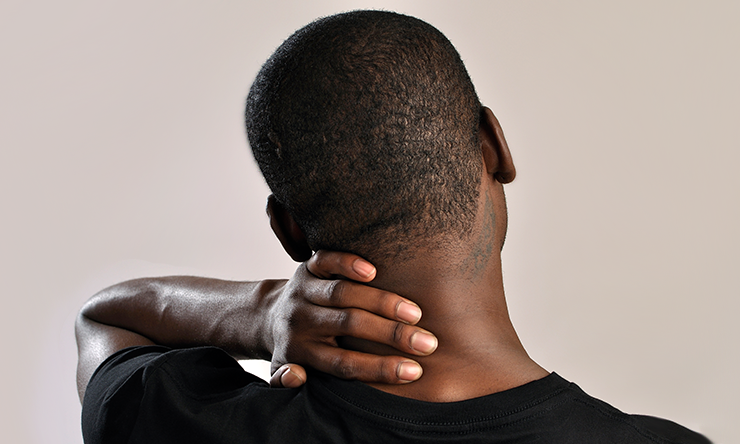How to cope with panic attacks
With symptoms that often mimic heart attacks, panic attacks can be extremely scary for people who experience them. To help, Baylor College of Medicine’s Dr. Asim Shah gives his recommendations on recognizing the signs of a panic attack and relaxation strategies you can use if you are having one.
“Panic attacks are a mental health disorder that fall under the category of a panic disorder. Panic attacks can occur when a person becomes uncontrollably anxious, nervous or fearful,” said Shah, professor and executive vice chair in the Menninger Department of Psychiatry and Behavioral Sciences at Baylor.
There can be numerous causes of panic disorders, Shah said. They can have a genetic cause or a person may be more sensitive and react negatively to stress or anxiety. Common reasons why people have panic attacks include the death of a loved one, a divorce or loss of a job, but any stressful situation can cause panic attacks.
The symptoms of a panic attack can include:
- Feeling impending doom
- Feeling detached from reality
- Feeling like your heart is sinking
- Feeling like you are losing control or even dying
- An increased heart rate
- Shaking, trembling or having chills
- Sweating or cramps
- Tightness in your chest or throat
“In some ways, having a panic attack can resemble having a heart attack. Some people end up going to the emergency room thinking they are having a heart attack but come to find out they are having a panic attack,” Shah said.
If you realize that you are having a panic attack, there are few strategies that Shah recommends for you to use to help relax. The first step is to try to divert your thoughts to positive thinking. You also can do breathing and mindfulness exercises. For example, you can close your eyes, picture yourself somewhere you feel safe, and deeply and slowly breathe in and out. These exercises also can help with any muscle tension you might be experiencing because of the panic attack.
Shah added that is important to differentiate between panic and anxiety. Panic happens immediately. It can be unpredictable and unprovoked but the feeling lasts no more than 30 minutes. With anxiety, people can be fearful and have a feeling of doom, but it is less intense and can last for months.
“Panic attacks are easily treatable so please seek help if you are experiencing them,” Shah said. “Untreated panic attacks can cause complications with your medical and mental health and impact your social life. For example, you may avoid going to work or school or social engagements, which can lead to depression and then possibly to having suicidal thoughts. Some people may even develop alcohol and substance addictions. Given this, it is very important to be treated before any of these complications can arise.”










